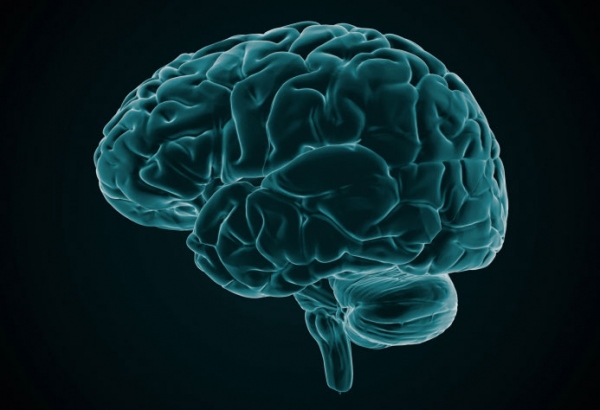‘I can see what you’re saying’
Researchers in Germany and the US have managed to interpret the brain activity and reconstruct utterances of words and full sentences.
 Researchers in Germany and the US have managed to interpret the brain activity of epilepsy patients, to the extent that they can reconstruct utterances of words and full sentences.
Researchers in Germany and the US have managed to interpret the brain activity of epilepsy patients, to the extent that they can reconstruct utterances of words and full sentences.
The fascinating findings were outlined in a recent study published in the journal Frontiers of Neuroscience.
Seven US epilepsy patients voluntarily participated in the study, reading aloud sample texts while an electrode array was attached to their cortices, the outer layer of the brain, which had been exposed for epilepsy surgery.
Scientists were able to observe how the brain planned speech acts and then activated the muscles of the speech organs via the neurones in the cortex, a split second before the speech itself became audible.
The patients were given set texts, such as a speech by former US president John F. Kennedy, so the researchers would know which sounds were being uttered and when. They set up databases containing prototypes of around 50 different speech sounds.
Using algorithms from automatic speech recognition, it then became possible to understand what was being said purely from the brainwaves.
“We demonstrated the first passive hybrid Brain Computer Interface for the detection and discrimination of perceptual activity”, the researchers concluded in their study.
The study, though very limited in its scope, is of relevance to the field of to neuroethics. Neuroethics, as Nita Farahany stated in a recent interview with BioEdge, addresses questions about ‘mental privacy’ and, literally, ‘freedom of thought’:
“Some of the forward-looking questions that we should be deliberating about now are whether individuals have a legal interest to mental privacy that could safeguard against compelled to submit to EEG, fMRI, or other brain-based interrogations? What role could or should neuroscience play in helping to validate eyewitness memory? Should we as a society protect freedom of thought? Does neuroscience challenge any of our existing norms upon which legal and constitutional doctrines are built? As scientific research in neuroscience proceeds, we as a society should deliberate about these issues to ensure that the ethical and societal implications of neuroscience are considered alongside scientific developments”.
Us and German scientists read brain waves
Xavier Symons
https://www.bioedge.org/images/2008images/TH_brain.jpg
Creative commons
brain scans
neuroethics
neuroscience
